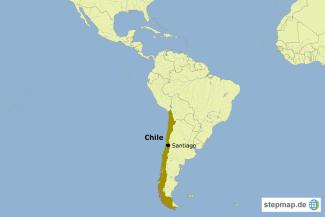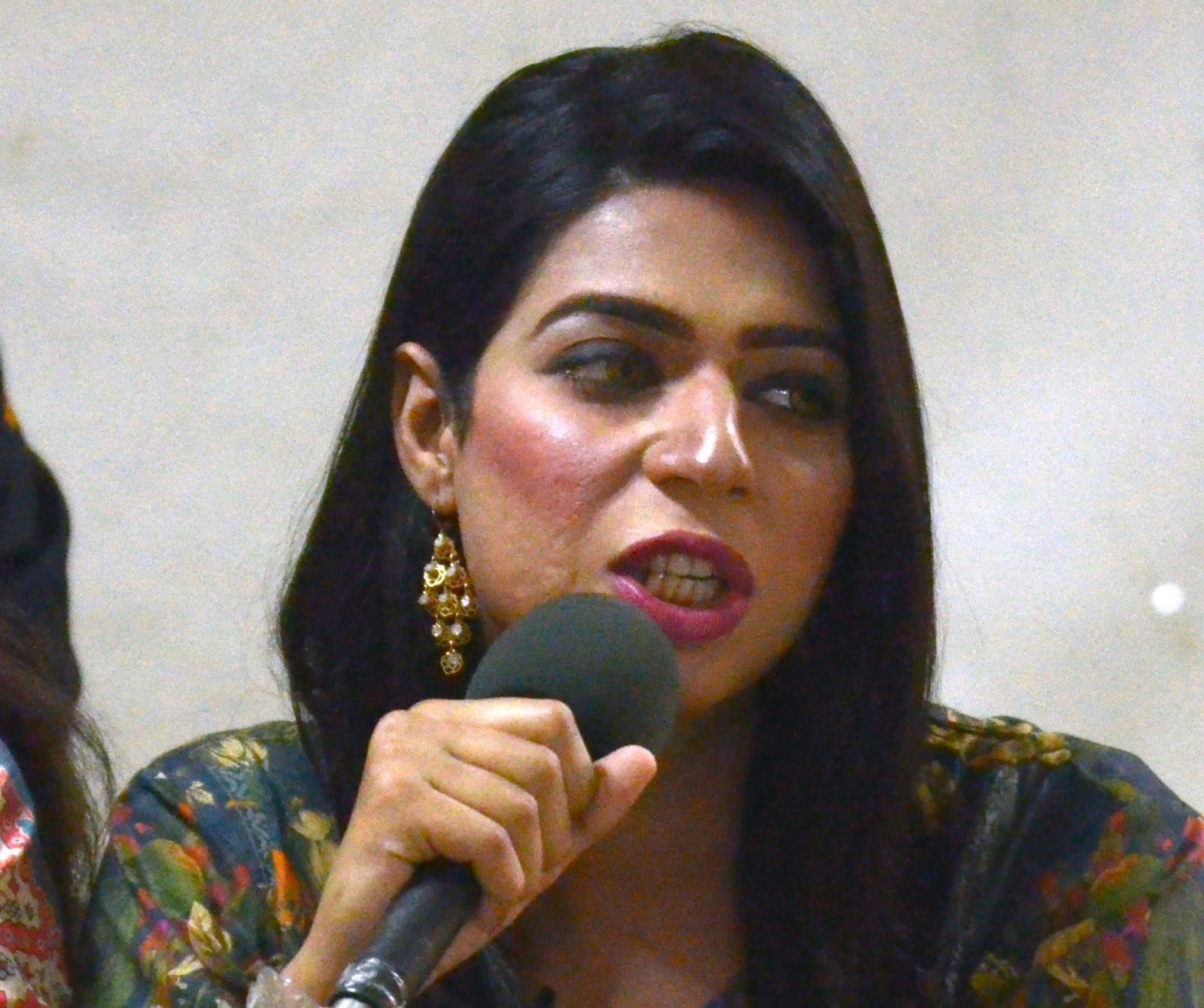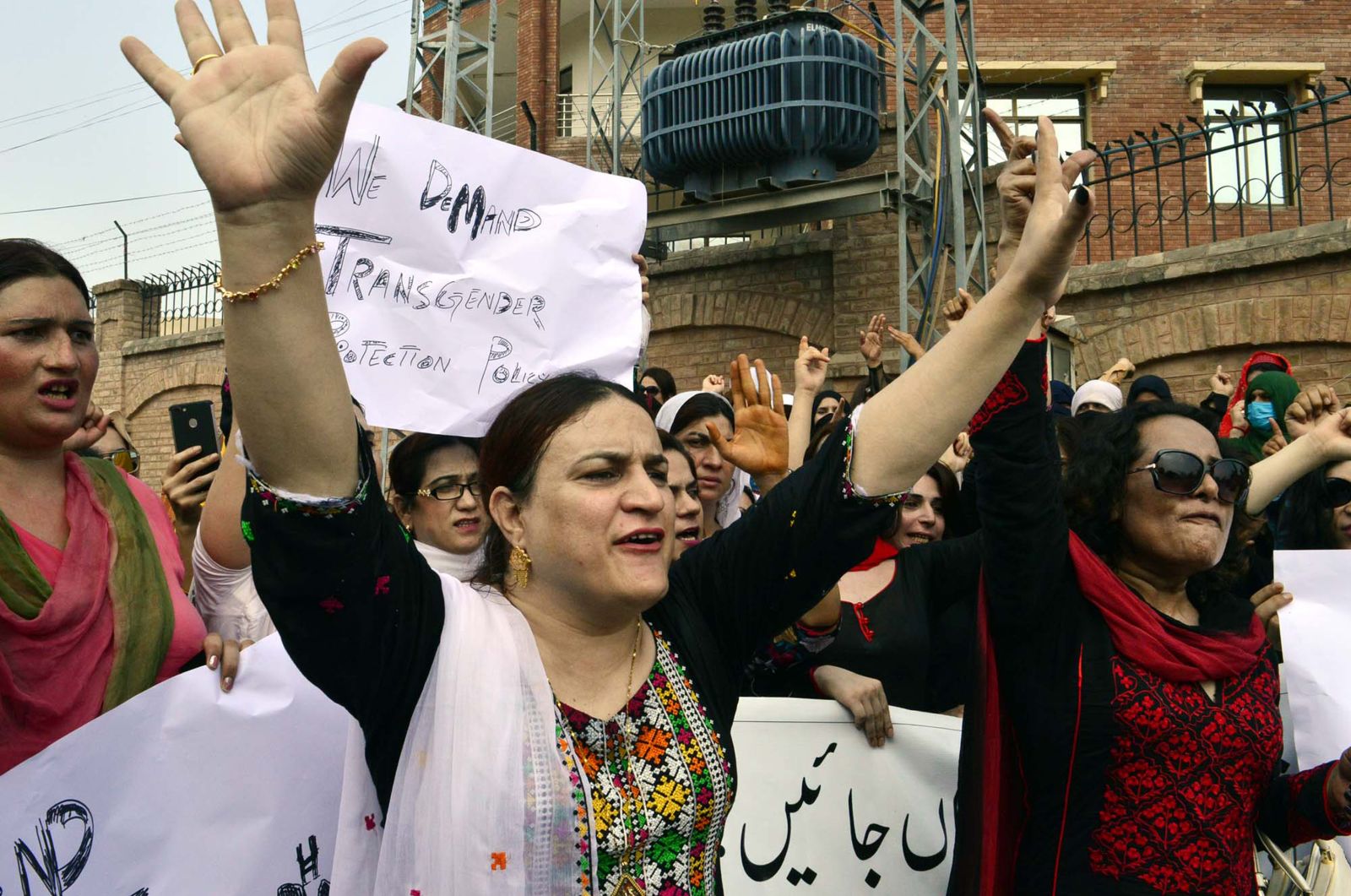Minorities
Saying "sorry" is not enough

These were the words of Chile’s President Michelle Bachelet when she presented the so-called “Plan Araucanía” in June. Her speech came not by surprise. The relations between the state and the various indigenous peoples of Chile, of whom the Mapuche are the most numerous, are complex and difficult.
Most indigenous communities are poor and discriminated against. But numerous violent incidents have been rocking the south of the country for a long time. They include roadblocks, land occupation, burning of goods or buildings and even deadly confrontations with the police. These things have been occurring at regular intervals for the last 20 years in regions like Biobío and Araucanía, about 700 kilometres south of the capital Santiago.
Mapuche resistance groups are very important in this context. They fight for their ancestral territories, first occupied by Spanish colonisers in the 19th century. The same lands were later claimed by the independent state of Chile, which continued with the policies of robbing and extermination.
Mapuche activists insist that forestry companies must leave this area. Their huge plantations of exotic tree species have put Chile on the international map as a wood producing country. The cost, however, is continuous soil degradation.
President Bachelet has lately been pushing a number of schemes to improve the lives of the Mapuche, particularly the “Plan Araucanía”. Its three pillars are: protection and help for the victims of violence, development and recognition of the indigenous peoples.
Mapuche author Pedro Cayuqueo says this is way too little: “These are things which are 25 years overdue. To announce them as a great novelty for resolving the conflict between the state and the Mapuche people shows a lack of respect.”
Chile’s magna charta, which was written during the dictatorship of Augusto Pinochet and revalidated in democracy, does not recognise indigenous peoples as nations. Relevant ethnic communities are the Aymara in the north, the Mapuche of the centre and the south and the Rapa Nui of the Easter Islands.
What does the presidential plea for forgiveness mean to the indigenous? Manuel Maribur from the Mapuche community “Lorenzo Huaiquivil” says it does not mean anything unless reparation payments flow too. “It is easy to beg for pardon, but we need to see action,” Maribur points out. “We demand our ancestral lands back, and we demand autonomy.”
Javier Cisterna Figueroa is a journalist and lives in Concepción, Chile.
cisternafigueroa@gmail.com
Links
Mapuche International Link:
http://www.mapuche-nation.org/english/frontpage.htm
Plan Araucanía (in Spanish):
http://www.gob.cl/revisa-los-puntos-destacados-del-plan-araucania-propuesto-la-presidenta-bachelet/












